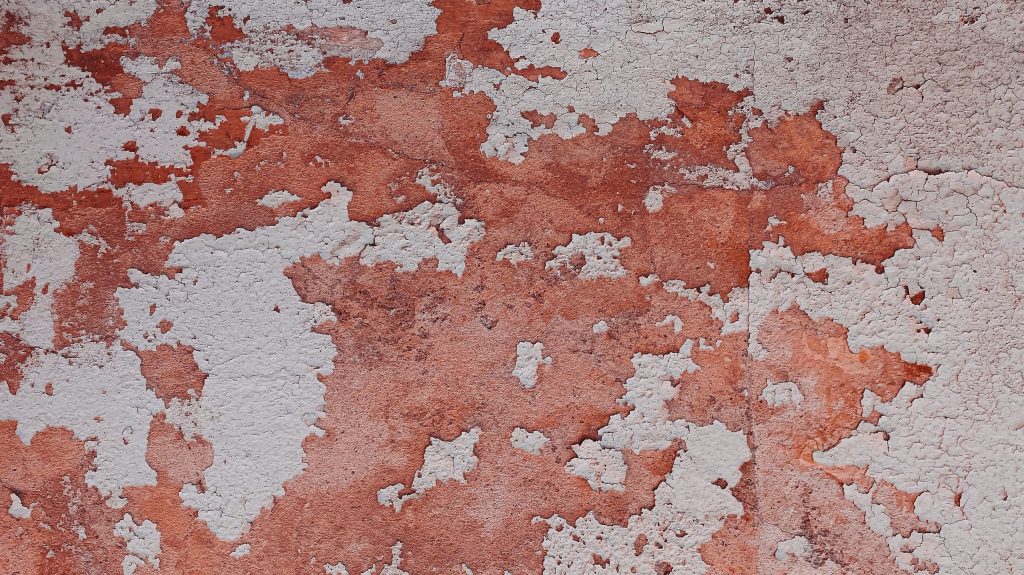FREE Shipping on Orders over $89 with Account – Create One Today!
- (844)-859-9400
- Get Help

According to the World Psoriasis Day Consortium, Psoriasis is a skin disease that affects 2-3% of people worldwide. It affects different parts of the body, such as the outer parts of the elbow, knees, nails, trunk, and scalp. Fortunately, it isn’t a contagious disease. However, people with close family members who have psoriasis have a higher chance of getting it.
Fortunately, you can use many types of psoriasis of the scalp treatment to calm and relieve symptoms. But the treatment varies when the symptoms manifest on the scalp.
So what is the best psoriasis scalp treatment? Discover which of the products available can assist you in living a happy and comfortable life despite this skin condition.
People with psoriasis experience patchy rashes that are reddish, sore, and look thick and scaly. If these symptoms appear on a person’s scalp, it’s called scalp psoriasis. And about 45-56% of people with psoriasis will have scalp psoriasis, which can negatively impact your life since it can affect your concentration and sleep.
Scalp psoriasis looks different from other skin disorders. It may look like the following:
If you think you have the symptoms mentioned, visiting a dermatologist is the best course of action. They can tell you what is the best treatment for psoriasis and which products can help.
The symptoms of scalp psoriasis may be mild, moderate or severe. For those with mild scalp psoriasis, the common symptom includes slight, fine scaling. But for moderate to severe scalp psoriasis, the symptoms are as follows:
Hair loss isn’t necessarily a symptom of severe scalp psoriasis. But non-stop itching can cause bald spots, especially if the scaly areas are picked at often. The stress of having this condition can also lead to temporary hair loss for some people who are more sensitive to stressful situations.
The treatments available for scalp psoriasis are extensive, depending on how mild or severe your symptoms are. If your scalp psoriasis is only mild, a treatment used directly on your skin is the first thing you should consider. One example is a psoriasis treatment cream or ointment that you can buy over the counter.
There are also medicated shampoos, gels, foams, oils, and soaps that can calm your psoriasis flare-ups. Some can be purchased OTC. Others require a prescription. Examples include:
These are treatments that are applied directly to the affected area:
These are treatments available only at the doctor’s office:
The dermatologist may prescribe a stronger medication if your scalp psoriasis is moderate to severe. It can be very stubborn, but attacking it where it starts is the key, which is your immune system. The medications they may prescribe are the following:
Some of these medications can cause serious side effects, so following your doctor’s orders is essential. These are more powerful and different from the ones available over the counter.
There’s no definite cure for psoriasis, so knowing how to treat it is essential. Fortunately, whether you have mild or moderate to severe scalp psoriasis, there’s a treatment plan your doctor can create for you.If your scalp psoriasis is mild, you can use OTC creams, ointments, or other skin care products that can relieve your scalp. Fortunately, you can find some of these products at Medical Monks. Start by taking care of your symptoms to manage this disease successfully.

Edited for content by ADAM PAGE.
